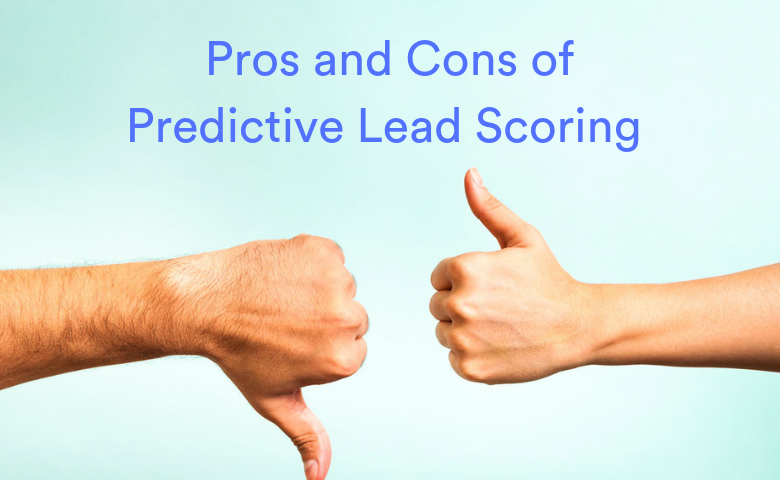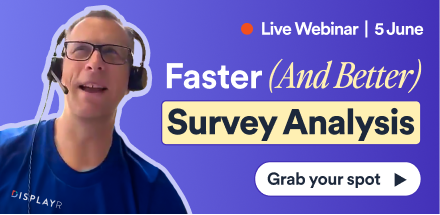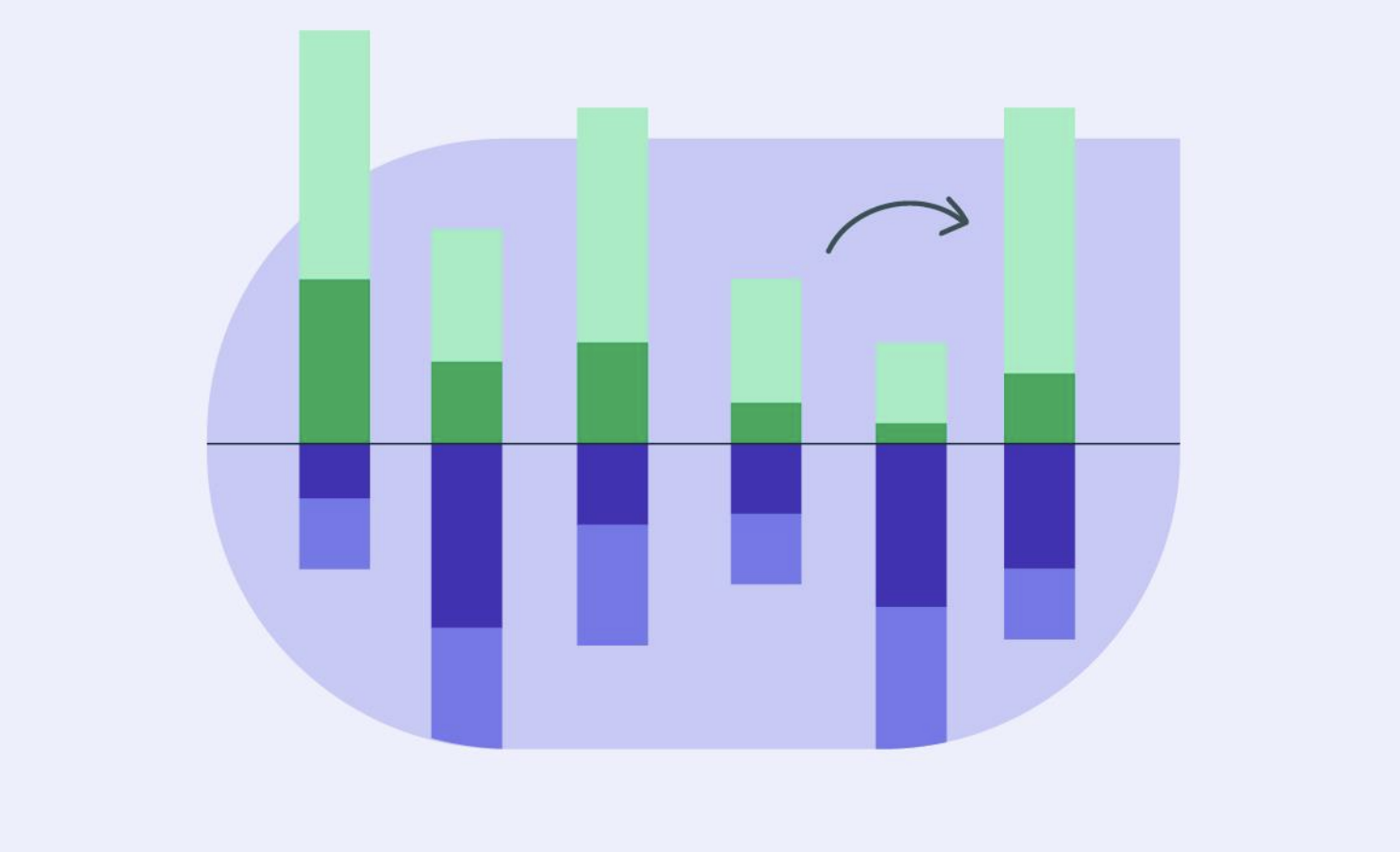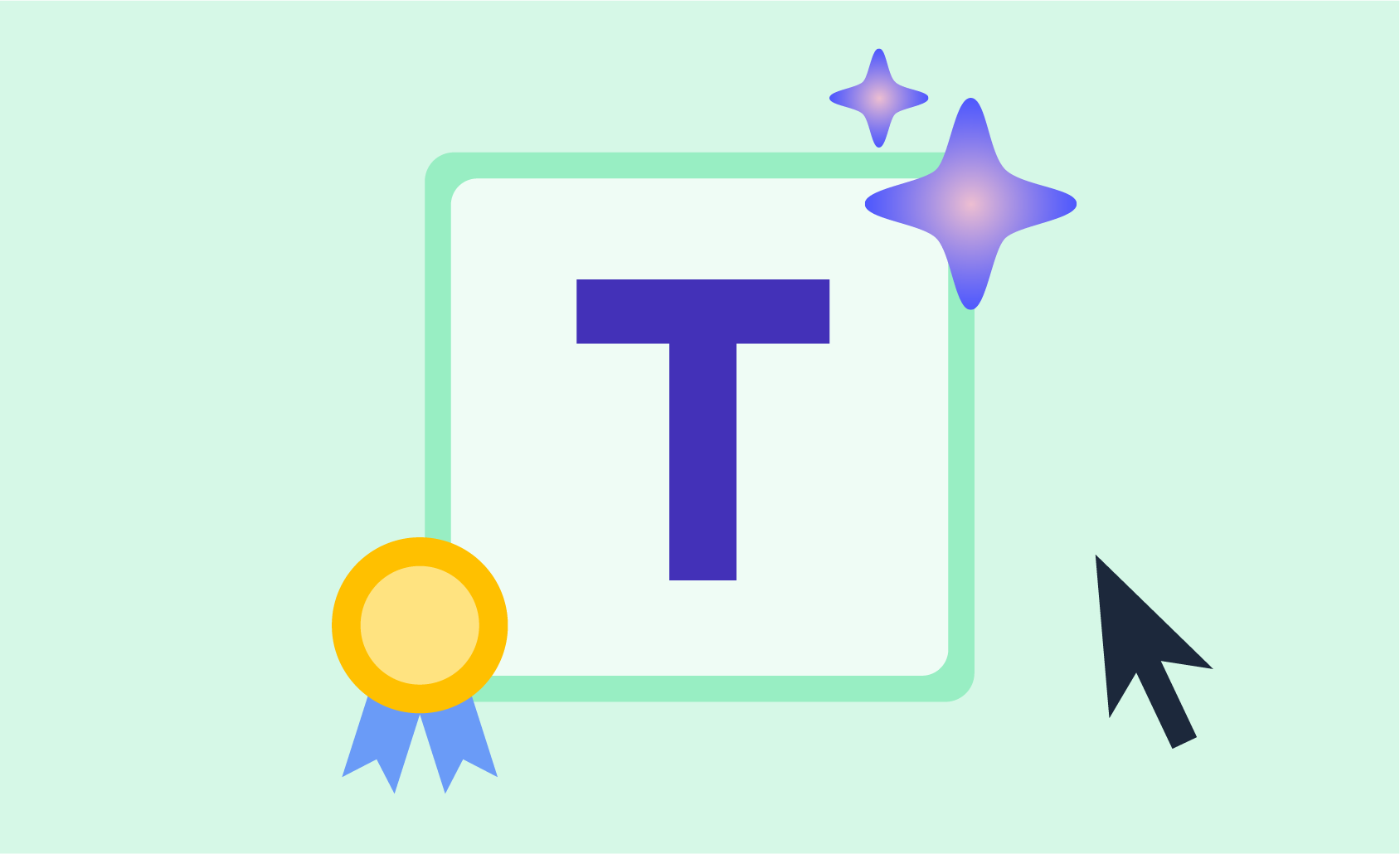

There are numerous obvious benefits to predictive lead scoring. But there are some limitations too. This article will help you weigh up the pros and cons of predictive lead scoring.
Do you know if predictive lead scoring is right for your business? Check out "Who is Predictive Lead Scoring For?"and "7 Questions for those Considering Predictive Lead Scoring + bonus free checklist".
Benefits of predictive lead scoring:
It is data driven – no more relying on guesswork or human judgement
Unlike traditional lead scoring, predictive lead scoring isn’t subjective. Previously, sales executives would determine the most important factors influencing a sale and use that to score prospects. However, leaving it up to sales executives means being vulnerable to human error. No matter how much experience your sales teams have - they will make errors in judgement when determining the difference between a good lead and a bad one. They can only use their own assumptions and guesses to score leads. Choosing the wrong factors will lead the company to pursue the wrong customers, wasting time, resources and money. Predictive lead scoring takes out the risk of relying on human judgement.
Predictive Lead Scoring is quicker and more comprehensive than traditional methods
Once a predictive lead scoring model is developed it can evaluate leads faster and more effectively than traditional methods. It can also effectively pull a huge amount of data from more sources, integrating not only internal data but data from third parties and the web. Thus, it can create a far more complete and detailed profile, leading to more accurate scoring.
Predictive lead scoring models also pull from different types of data more effectively. Not only do they use demographic data (like the prospects’ name, job title, email address), but behavioral data too. What web pages do they visit before they buy? Etc.
In today’s day an age where data is generated at exponential levels each day, machine learning is essential to stay on top and ensure your team is running as efficiently as it can. These machine learning algorithms can deliver data-driven high-quality leads to the sales team, meaning that they don’t have to devote time and resources to sorting out how to score and prioritize their leads.
Predictive lead scoring will continue to improve and grow as your business does
The technology for predictive lead scoring is improving each day, while the more data you have on your customers the more leverage you have and the more efficient your lead scoring models will be. Thus, as your business grows, so will the effectiveness and potential of predictive lead scoring.
Align your sales and marketing teams
We all know there has occasionally been some blame shifting or finger pointing between sales and marketing teams. Marketing may claim “you’re not doing enough to close these leads” while Sales may retort, “you’re not providing us with any good leads!” Since predictive lead scoring relies solely on data analytics, it lessens the ability for marketing and sales teams to dispute good leads versus bad leads and why. On the flip side it can align the two teams to make a coordinated effort to reach warm leads and increase productivity.
Limitations of predictive lead scoring
So, are there limitations to predictive lead scoring? Yes, mainly one big limitation. You need data and you need lots of it. The reason why A.I. and machine learning algorithms haven’t been a factor in lead scoring before recent times, is that there simple wasn’t enough data and high-quality data too. In order to train machine learning algorithms to identify patterns and therefore make accurate predictions, you need data from thousands of accounts. If you try it without the requisite data, predictive lead scoring can go very awry. Because it requires a little expertise, predictive lead scoring also requires some expense. Though there are platforms and experts that will help you, they can be costly. Here’s where Displayr can help - stay tuned.





